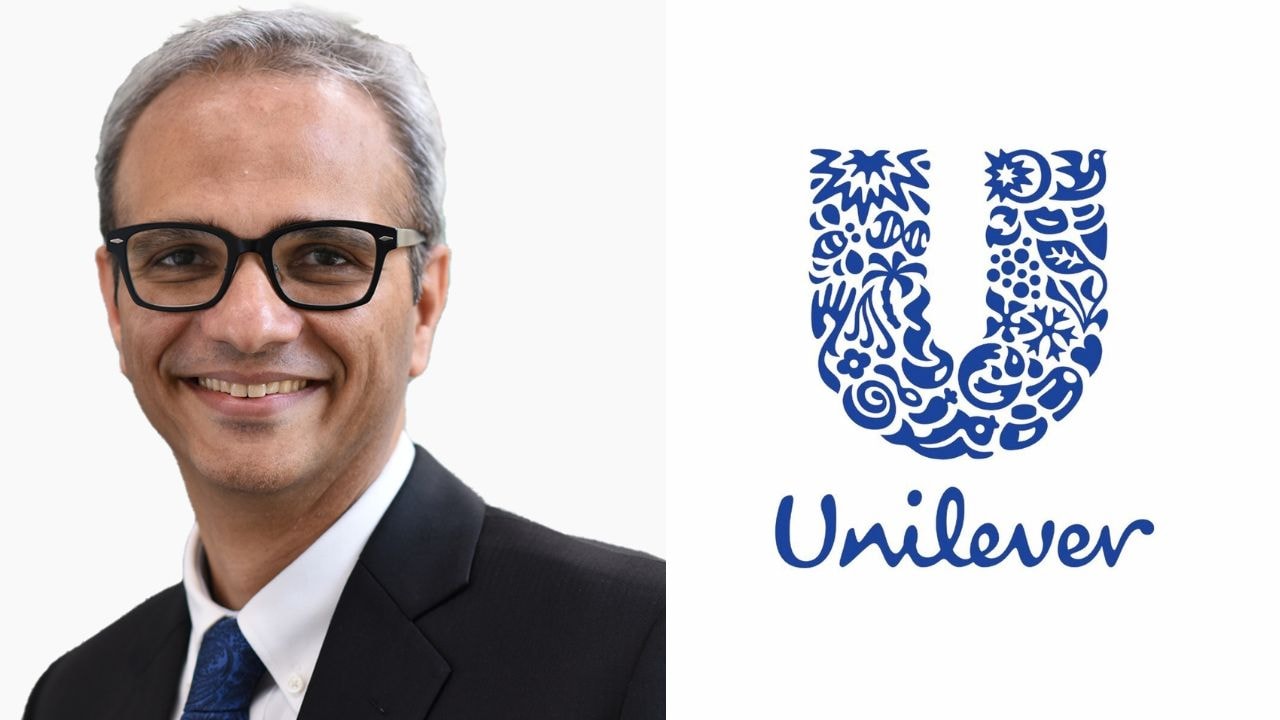Unilever’s Acting Chief Financial Officer, Srinivas Phatak, expressed strong confidence in the company’s future prospects in India during Unilever’s Q1 2025 earnings call. He highlighted India as a key growth driver, with the company continuing to gain market share in critical categories like Home Care and Hair.
Phatak also pointed to several positive macroeconomic factors—including government incentives, tax relief, and reduced inflation in food and oil—that are expected to propel both core growth and market development in the country, solidifying India’s role as a central pillar in Unilever’s global strategy.
Providing insights into the company’s financial performance and strategic direction, he emphasized the importance of maintaining a balance between price and volume growth, stating, “We are very clear that we want to get the balance right between price and volume.” Phatak highlighted that this balance is crucial for sustaining long-term competitiveness and market share.
The acting CFO also discussed the company’s focus on gross margin expansion, noting, “We are very clear that we want to get the balance right between price and volume.” He attributed improvements in gross margin to a combination of factors, including cost savings, mix improvement, and pricing strategies. Phatak acknowledged that while pricing has been a significant driver of growth in recent years, the company is now seeing volume growth contribute more meaningfully to overall performance.
In terms of regional performance, Phatak pointed out that emerging markets, particularly India, continue to be strong contributors to Unilever’s growth. He mentioned that the company has been gaining market share in India over the past three years, with significant growth opportunities in core categories such as Home Care and Hair.
“… It’s (India) a very strong business for us. It’s a consistent performer for us, has been gaining shares for the last three years, and there is a lot to play for. When we really look at the macroeconomic environment there – there is no new headwinds for us. I think that’s an important element to call out. And there are potential tailwinds. There is benefits coming from the government incentives, tax reliefs, lower food and lower oil inflation, and many, many factors which are playing to really not only drive core but also to lead market development.”
“We have strong positions in Home Care and Hair, where we will invest and accelerate. In some of our core, we have to address GAL (Glow & Lovely), we have to address Lifebuoy, which in the short term will really mean that we need to invest behind these brands. And in some categories we are seeing competitive intensity go up. And it happens. There are periods when the dials down but the long-term economics of that market prevail and we are well positioned to do that,” he added.
Although Pathak added that “…there is only one place that we need to address which is Foods and we will do that. When we look at it in its totality I think this is a market where we’ll be unblinking in our defense. And when we get our growth engine moving up we know how to make money here and how to drive earnings ahead of growth.
So all in all, we are very confident both on the growth profile, as well as on the margin profile for India.”
Phatak highlighted several favorable macroeconomic factors supporting Unilever’s optimism in India, which is expected to drive both core growth and market development, reinforcing India’s role as a strong and consistent performer for the company.
Looking ahead, Phatak expressed confidence in Unilever’s ability to navigate the current economic environment, stating, “We are very clear that we want to get the balance right between price and volume.” He emphasized the company’s commitment to investing in its brands and capabilities to drive sustainable growth. Phatak concluded by reiterating Unilever’s focus on delivering consistent, competitive, and profitable growth across its portfolio.
